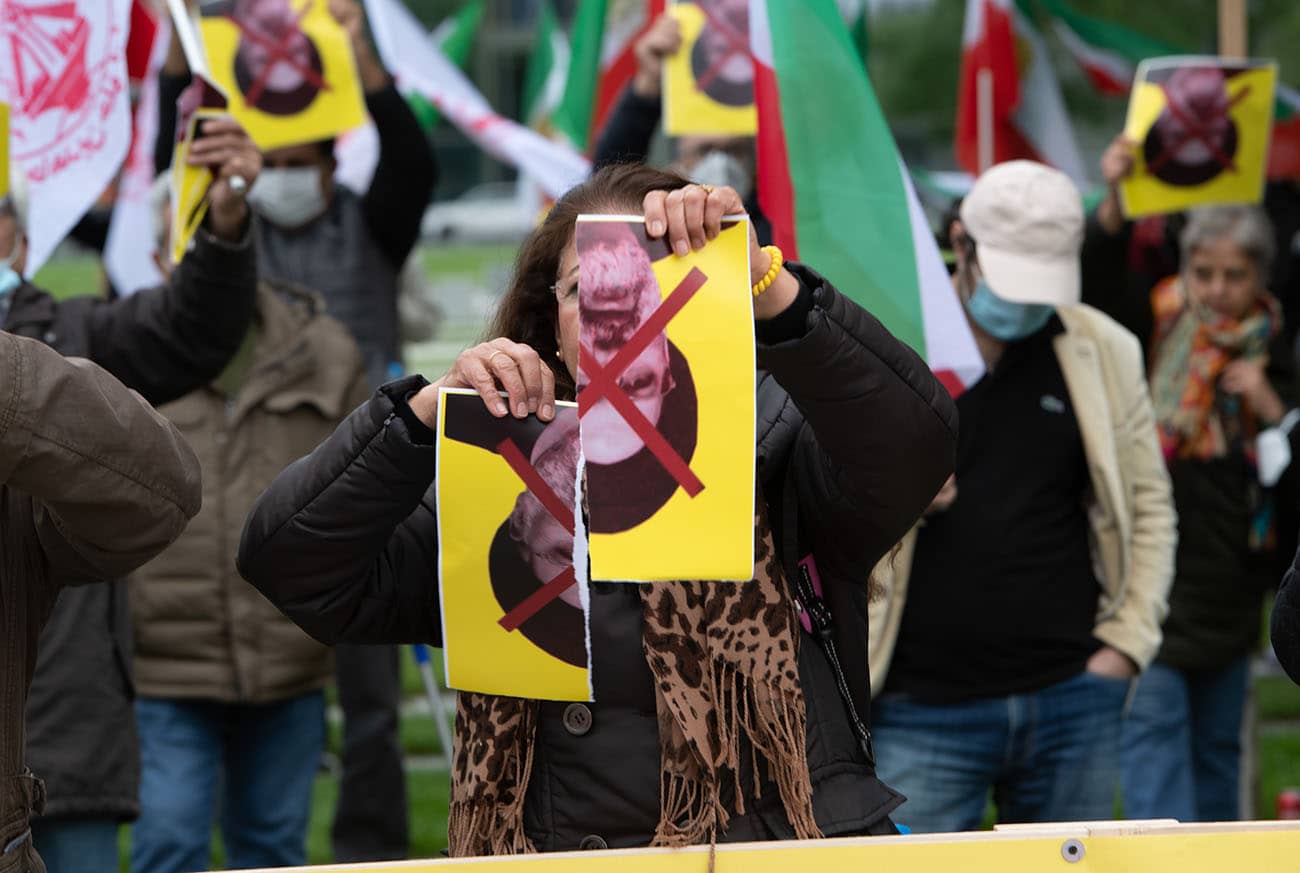President Joe Biden came to the White House promising to restore America’s global role. He said he would take “immediate steps to renew our own democracy and alliances, protect our economic future, and once more place America at the head of the table, leading the world to address the most urgent global challenges.”
Biden has always viewed the security of the US as the paramount basis of foreign policy and has been prepared to reassess how to advance American interests in light of stubborn new conditions and realities. This pragmatic realism may herald even more important changes in American foreign policy.
Afghanistan, despite the setbacks caused by the rapid withdrawal of US forces, represents the most striking example of Biden’s pragmatic, realistic streak.
Biden’s views, however, have changed or evolved throughout his political journey. After the September 11 attacks, Biden had voted to authorize the war in Afghanistan and, with some reservations, the war in Iraq.
Faced with the insurgencies in Afghanistan and Iraq, he became skeptical of the two American missions. In 2006, Biden presented his most distinctive foreign policy proposal to date: He advocated for the division of Iraq into a federal system, paving the way for the withdrawal of the US military from the country. Without wanting to gain an anti-war reputation, Biden sought an exit from Iraq.
Biden also appears to have been a voice of caution within the Obama administration on other foreign policy debates. He opposed the bombing of Libya. He had publicly urged NATO allies to resume the US mission. “We cannot do everything,” Biden said, stressing that Libya was peripheral to “our strategic interest” in the region.
Under the Obama administration, Biden as vice president was attentive to Iranian politics, particularly the thorny negotiations leading up to the July 2015 nuclear deal and the Joint Comprehensive Plan of Action (JCPOA).
As president, Biden has told Israel’s Prime Minister Naftali Bennett that he was “trying diplomacy first” but that he would turn to “other options” if talks failed with Iran. What will his options be? Military strikes targeting nuclear enrichment sites? More sanctions? This vagueness dismays America’s allies and casts doubt on American strategy in the region, especially since the US is not the only player. China, Russia, and even Europe have interests that differ from those of the US.
To be sure, Iran may not pose an existential threat to the US, or even a direct significant conventional military challenge. However, Iranian aspirations for nuclear weapons, if pursued and decisively fulfilled, would pose a grave danger to America’s number one ally in the region, Israel; to the Middle East as a whole, and, possibly, to the US itself. It would also signal the collapse of the Treaty on the Non-Proliferation of Nuclear Weapons, with all that this entails.
It should be noted that Iran’s nuclear aspirations are an integral part of a larger strategy of cultivating asymmetric and strategic anti-American forms of power; it is key to the ideology of the Iranian regime.
In the name of this ideology, Iranian authorities continued to suppress their own people. In November 2019, Iranian security forces used excessive and illegal lethal force against protesters. At least 304 people were killed during these protests, according to Amnesty International. Its secretary-general, Agnès Callamard, said after Ebrahim Raisi’s appointment as Iranian president, “In 2018, our organization documented how Ebrahim Raisi was a member of the ‘death commission’ which forcibly disappeared and extrajudicially executed in secret thousands of political dissidents in Evin and Gohardasht prisons near Tehran in 1988. The circumstances surrounding the fate of the victims and the location of their bodies are, to this day, systematically concealed by the Iranian authorities, amounting to permanent crimes against humanity.”
President Biden, who has shown an admirable commitment to combating authoritarianism throughout his political career, must take the plight of the Iranian people into account in the ongoing negotiations with the Iranian regime.
I know deep down that the US president, supported by his people and institutions, will not disappoint millions of Iranians who yearn for a better life.

